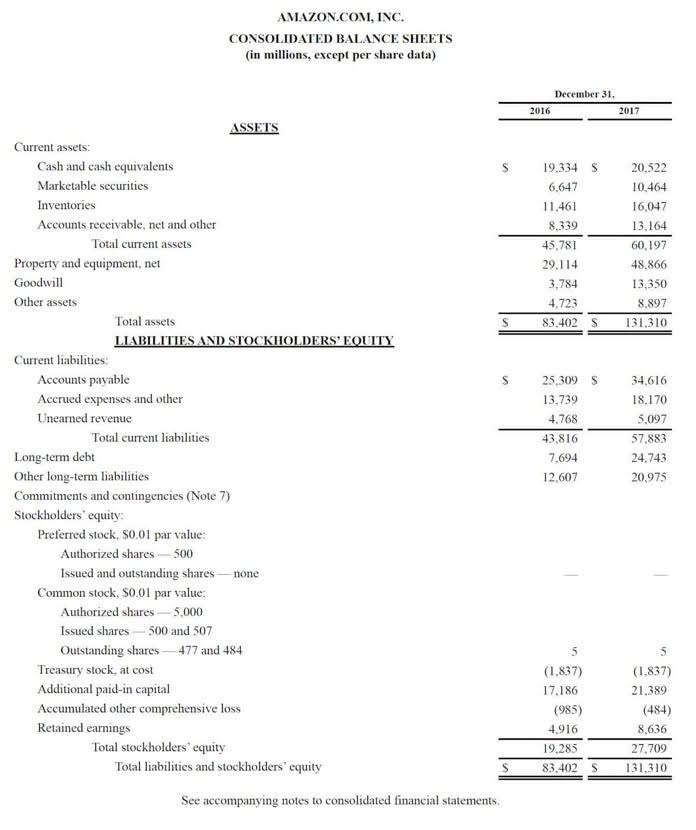
This starter guide to legal accounting illuminates the crucial aspects of accounting for law firms, shedding light on the importance of meticulous financial oversight. One of the primary reasons specialized law firm accounting is crucial is the need to handle business checking account and trust accounts. Trust accounts are where client funds are held separately from the firm’s operational business bank accounts to avoid any conflicts of interest and ensure compliance with state bar association rules. The complexity of managing the firm’s financial accounts requires a detailed understanding of both the financial and legal aspects involved.

Bookkeeping
Our solutions help you anticipate what’s next and turn opportunities into growth. For firms without a tax preparer, our step-by-step guide here can help you find and work with the right tax professional to streamline your tax strategy. As an attorney, you law firm accounting services already understand better than most people how important attention to detail is — especially when it comes to financial issues like recordkeeping and reporting income. You put in a lot of effort into the procedure of preparing for settlement discussions, mediation, arbitration, and litigation. However, representing your client is only one aspect of maintaining your success in the legal business.
Legal Industry Experts
| Specializing in audit, tax strategy, bookkeeping, and outsourced CFO services. PageLightPrime has province-specific trust ledger templates, automated reconciliations, and reporting formats that meet each law society’s https://comprenowhats.com.br/arezzobalneario/2021/06/04/what-are-retainer-fees-for-lawyers/ requirements across Canada. Decades of legal accounting experience enhanced by our proprietary PageLightPrime software.
— Chart of Accounts

Our team is highly equipped with the latest legal accounting software, ensuring accurate financial tracking and reporting. At Invensis, we have over two decades of experience in delivering outsourced accounting services for law firms. We bank on a team of highly skilled accountants and legal financial specialists proficient in accounting software like QuickBooks, Xero, etc. Their deep understanding of legal accounting ensures compliance with regulatory standards, such as trust accounting and IOLTA (Interest on Lawyers Trust Accounts) management.
- Their knowledge can help law firms navigate the complex network of accounting regulations and minimize the risk of non-compliance.
- The right software can save you time, reduce human error, and help you stay compliant, without making you hate your life.
- CPAs can provide valuable insights and expertise in financial reporting, tax compliance, and long-term budgeting decisions.
- This is because a professional legal bookkeeper and accountant can help you manage your firm’s revenue and ensure your firm’s financial transactions are handled ethically and accurately.
- Law firm accounting differs significantly from general business accounting.
We combine detailed transaction tracking, IOLTA trust account compliance, expense management, financial reporting, software integration, and strategic consulting into one seamless solution. Whether you’re a solo practitioner or a multi-state firm, our services scale with your practice and safeguard your license. If you’ve ever wondered whether you can be an accountant at a law firm, the answer is unequivocally yes. To qualify for law firm accounting jobs, candidates typically need a bachelor’s degree in accounting or finance, complemented by relevant accounting certifications such as CPA or CMA. Experience in the legal or professional services industry can significantly enhance one’s appeal to potential employers within law firms. Use software such as Clio Manage to help track your billable time, expenses and revenue.

Why work with an accountant for law firms?
Beyond compliance and regulatory adherence, effective legal accounting practices can significantly enhance decision-making, client trust, and long-term firm growth. Here are essential tips that law firms can implement to ensure their accounting practices are not only compliant but also strategic and efficient. Addressing these challenges requires a proactive approach, leveraging specialized knowledge, technology, and professional insights. By understanding and actively managing these aspects of legal accounting, law firms can mitigate risks, enhance their financial management, and maintain the highest standards of professional and ethical practice. Firstly, it encompasses trust accounting, a fundamental aspect that requires law firms to manage client funds separately from the firm’s finances, ensuring Ethical and legal compliance.
Billing
Accounting Prose empowers our clients with the accurate data they need to make crucial financial decisions and successfully scale their business. Explore 7 proven accounting best practices for businesses to navigate the financial landscape with confidence and realize growth and stability. Investment advisory services are offered through Aprio Wealth Management, LLC, an independent Securities and Exchange Commission Registered Investment Advisor. Information presented is for educational purposes only and does not intend to make an offer or solicitation for the sale or purchase of any securities, and past performance is not indicative of future results.
It involves interpreting financial data, preparing financial statements, managing budgets, and ensuring compliance with legal financial regulations. Legal accountants play a strategic role in financial decision-making, offering insights that guide the firm’s financial planning, tax preparation, and compliance with standards such as IOLTA guidelines. Their work is instrumental in shaping the firm’s financial strategy and ensuring adherence to legal and ethical standards. The selection of the appropriate legal accounting software is a critical decision for law firms, directly impacting their ability to manage finances efficiently, ensure compliance, and maintain client trust. Trust Accounting is a cornerstone of legal Travel Agency Accounting accounting, embodying the ethical and legal obligations law firms have in managing their clients’ funds. This critical aspect of law firm accounting necessitates the maintenance of separate accounts for client funds, ensuring that these are not commingled with the firm’s operational finances.
- Remember it is all about finding the right law firm bookkeeping service that meets the needs of your business, now and in the future.
- Learn how Invensis enhanced the order management efficiency of an Australian home shopping company by providing efficient data processing outsourcing services.
- Both legal accounting and bookkeeping are integral to a law firm’s financial ecosystem.
- Their understanding of complex legal frameworks complements the analytical and financial focus of traditional accounting roles, thus enhancing the firm’s ability to serve global businesses.

Additionally, its user-friendly interface and robust support system make it an attractive choice for law firms looking to enhance their legal accounting practices. To ensure compliance and maximise tax benefits, law firms should establish solid financial infrastructure, implement dedicated accounting software, and seek professional assistance from accountants and bookkeepers. Regular bookkeeping and meticulous record-keeping are essential to maintaining accurate financial records and simplifying tax filing processes. Additionally, law firms should be aware of tax deductions specific to their industry, such as marketing expenses, business meals, travel expenses, and professional memberships. Implementing specialized legal accounting software can greatly enhance compliance.
